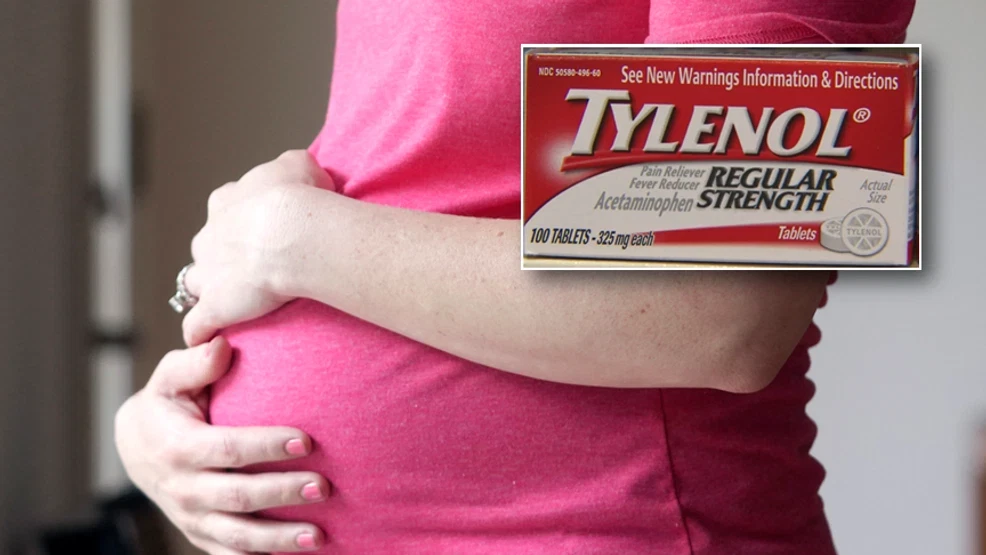
The Trump administration has announced significant progress in understanding the potential highlighting research that suggests a possible increased risk linked to the use of Dr. Elizabeth Munger, a senior fellow of pediatric education with the Independent Medical Alliance, discussed the findings.
Dr. Munger explained that she became aware of the issue two decades ago, noting, “We had some data that showed that acetaminophen was associated with autism.” She elaborated on the plausible reasons, including problems with detoxification pathways in children with autism and the reduction of glutathione, an important antioxidant, by Tylenol. “As a result of that, I have not been recommending acetaminophen since about 2003,” she said.
Despite the mixed research, with over 6,000 studies on the topic, Dr. Munger emphasized the importance of considering confounding factors and plausible mechanisms. She shared that in her practice, the rate of autism was significantly lower, suggesting that limiting Tylenol could be beneficial.
Dr. Munger also addressed the genetic component that can make a child more prone to develop autism, stating, “There are a lot of genetic changes… that might affect the inflammatory pathways or the immune pathways or the detoxification pathways.”
“We can now identify this with bloodwork to see which children might be at higher risk,” Munger said.
She highlighted the importance of listening to parents, noting that 23% of parents identified the MMR vaccine as a trigger for their child’s regression.
The administration’s recent hearings on the topic signaled a change in approach, with a focus on individual risks and parental choice. Dr. Munger mentioned that the American Committee for Immunization Practices is reconsidering standard vaccine recommendations, moving away from a “one size fits all” strategy.
For more information and resources, visit



